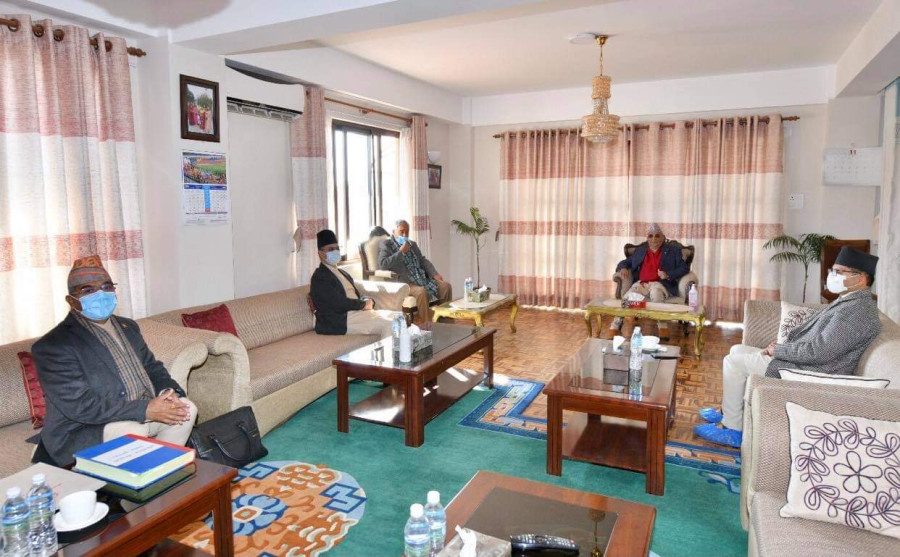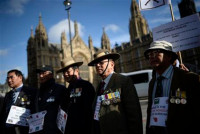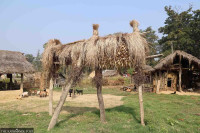National
Deuba not to attend Constitutional Council meeting after government issued ordinance
Oli introduced the ordinance after the Speaker refused to attend the meeting.
Post Report
Nepali Congress President Sher Bahadur Deuba has decided not to attend the Constitutional Council meeting that has been scheduled for 5pm.
The meeting, called for Tuesday morning, was postponed until 5pm after Speaker Agni Sapkota refused to attend the meeting.
[Read: Constitutional Council should be held above partisan interests, analysts say]
But in the afternoon, the Oli government issued an ordinance on Constitutional Council Act (Functions, Duties and Procedures) 2010, which was immediately promulgated by President Bidya Devi Bhandari.
Deuba’s personal aide Bhanu Deuba told the Post that the Congress president has decided not to attend the 5pm Council meeting after the government introduced the ordinance.
“Deuba will not attend the Constitutional Council meeting,” said Bhanu. “No discussion had taken place about the ordinance when the Council sat briefly in the morning.”
[Read: How a rudderless Congress became an ally in communist regime’s folly]
Earlier on Sunday also Prime Minister KP Sharma Oli, who is the chair of the Constitutional Council, had called a meeting of the Council. But expressed his inability to attend Sunday’s meeting, saying participating in the meeting a day ahead of his party’s mass protests “could send a wrong message.”
The Congress party on Monday held mass rallies across the country, in all 77 districts including Kathmandu, to what is said expose the Oli government’s failures on different fronts.
Deuba as the leader of the opposition is a key member in the Constitution Council, and so is Sapkota in the capacity of the Speaker.
The other members of the Council, headed by the prime minister, are the chief justice, deputy Speaker and National Assembly chair.
[Read: Attacking the system one step at a time]
As per constitutional provisions, at least four members must be present for the Council meeting to convene. Since there is no deputy Speaker, Sapkota’s absence meant no meeting of the Council.
At least 45 positions are vacant at different constitutional bodies even five years after the constitution, but the Oli government has not been able to appoint office bearers, largely due to political wrangling.
Of late, the crisis in the ruling Nepal Communist Party has deepened as chair Oli and Pushpa Kamal Dahal, the other chair, are locked into a battle.
Sapkota, who was elected Speaker in January this year, is Dahal’s long-time ally.




 8.54°C Kathmandu
8.54°C Kathmandu














